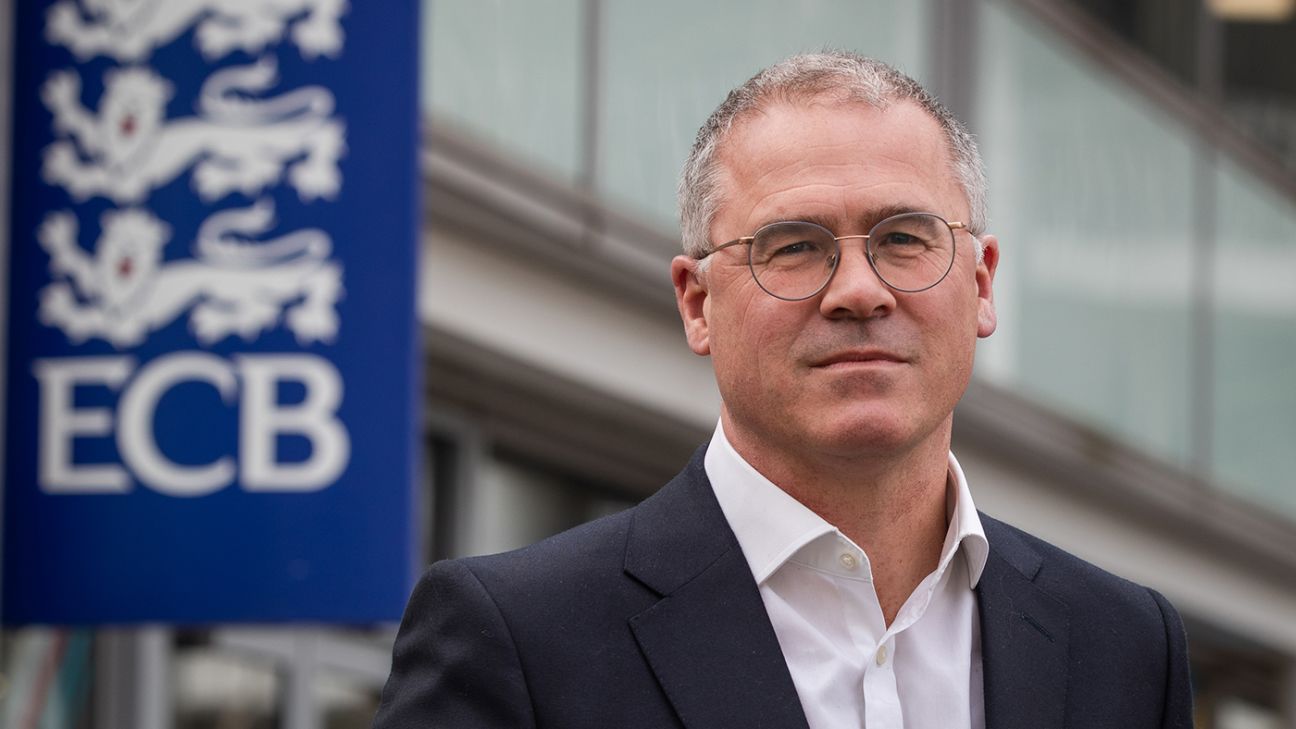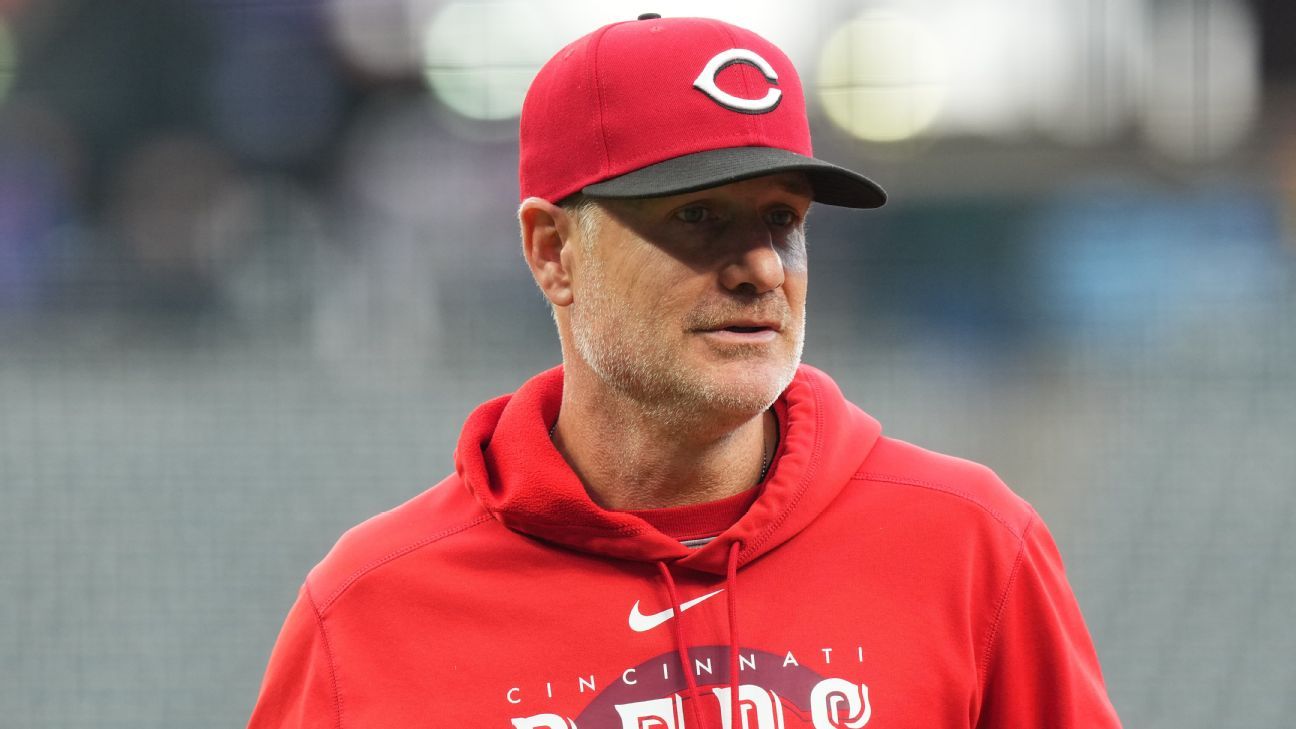
As part of a new revenue-distribution model, India are set to take home 38.5% of the $600m earnings over the next four-year commercial cycle. The ECB are the next highest earners in the proposed model, potentially earning $41.33 million (6.89%) with Cricket Australia next highest with $37.53 million (6.25%).
The PCB is projected to make over $34.51 million (5.75%) leaving the remaining eight Full Members with below 5% of the earnings. Of the $600 million projected pool, the 12 Full Members will get $532.84 million (88.81%), with the remaining $67.16 million (11.19%) going to the Associate Members.
"I get it (the financial inequality). But I also understand how important India is, because without them we wouldn't have the kind of revenues that are coming into the game."
Richard Gould
"What I'm also fascinated by is India's determination also to assist the world game. You look at the percentages and go 'Well, that's not fair it should be split equally'. But we've got to look at the size of the market. India play as many international fixtures as any other team in the world. And they do that because they know when they tour as an international team, they bring interest and revenue to that home side. I think it's important to see things in the round, in that regard.
"I get it (the financial inequality). But I also understand how important India is, because without them we wouldn't have the kind of revenues that are coming into the game. And I do think India make huge efforts to be responsible partners in this when I see the amount they travel around the world, taking India everywhere. I do think it is a balance.
"I think there is collective decision-making, both in India and within the ICC, and I think there is a real determination and understanding we need [for] cricket to be expanding and we need it to be healthy around the world."
Gould suggested that the money could be better shared around the game if boards pay touring sides, a shift from the current situation where host boards retain all revenue generated. Over the last few years, that situation has served to highlight inequalities throughout the game's various markets, particularly when it comes to Test cricket.
Full members like West Indies, South Africa and New Zealand are in the process of backtracking from red-ball cricket given the costs incurred to host Tests are not worthwhile as far as their own domestic deals are concerned, particularly at the expense of limited-overs fixtures. Gould sees no reason why that should be the case and feels countries like England, where Test cricket thrives, must do more.
"When somebody tours England, we don't pay them a fee, we don't pay their players," Gould said. "The way that it's done in bilateral cricket at the moment is you retain your own home domestic revenues. And when you travel away, they received their domestic revenue. That's where the disparity of markets comes in. That's something we will want to and will need to look at in terms of encouraging people not just to play Test but make sure they can pay their players, and pay them well, so that they want to play Test cricket again."
More cricket being played around the world a 'good thing'
On the subject of franchise cricket, the former Surrey chief executive regards the increase in T20 competitions around the world as an example of cricket's growth. Moreover, he is of the belief the upcoming Major League T20 in the United States can help the game reach new, high-yield markets.
"You look at the T20 franchises and all these leagues that are being created - there is more cricket being played around the world now than there ever has been before. That has got to be a good thing.
"And then there are mother markets in play. The States is an interesting market. What happens if we get cricket in the Olympics, which is in the States (Los Angeles, 2028)? There's another key, pivotal moment for it. There will be some bumpy patches along the way in terms of what direction we take, but never mind that. Let's look at the overall big picture - the game is growing."
"You could argue it gives us a point of difference, in a very crowded market," he said. "It is a point of difference.
"You see the competition that we're in globally now. Every country needs to have a super, primetime white ball domestic comp. We have invested very heavily in the Hundred over a number of years, both emotionally and financially. We need to make it bigger and better. We also have the Blast which we need to make bigger and better.
"We are not going to take the Hundred out. We are going to make it bigger and better. We are going to make the whole of cricket, bigger and better. That is our aim. We want to do it in a really collaborative fashion where everyone feels they have a role, they have purpose and they have something to gain from this.
"The format is not something that is on my agenda, in this regard, because Sky have been really supportive in driving it forward. It's given us that point of difference. Everybody around the world, in the cricketing world, has heard of the Hundred. That's a good thing. That's a good thing - we like debate. When you look at sport, more than 50% of the coverage that we get is about the politics and the machinations of the sport rather than the sport itself. That's a good thing too - as long as people are talking about the game, I'm pretty happy."
Vithushan Ehantharajah is an associate editor at ESPNcricinfo















 Phone: (800) 737. 6040
Phone: (800) 737. 6040 Fax: (800) 825 5558
Fax: (800) 825 5558 Website:
Website:  Email:
Email: 






